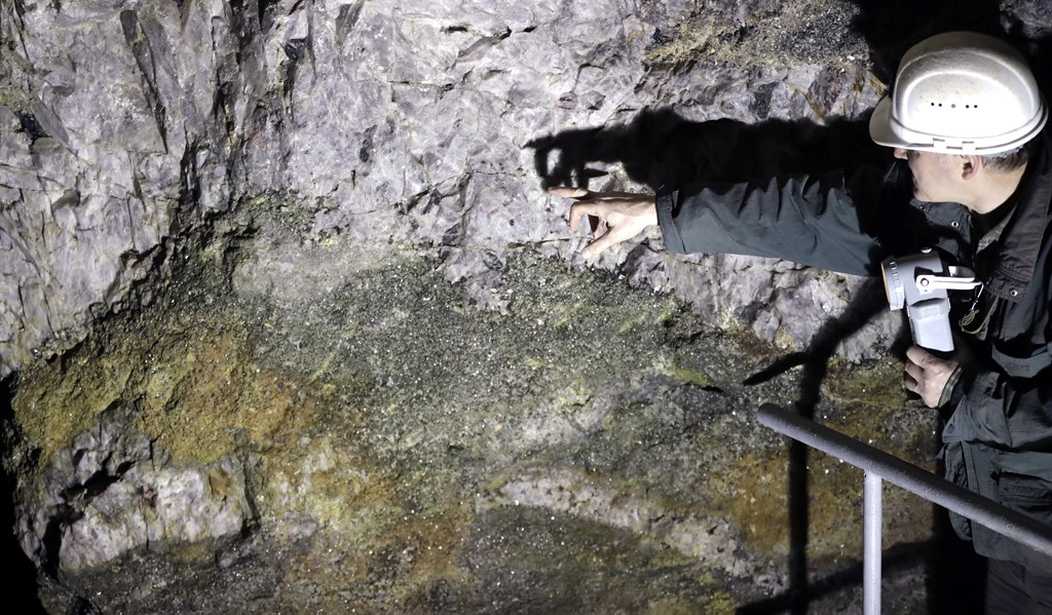Last week, we covered the story of a lithium mining project in western Nevada that was being opposed by both indigenous tribes and environmentalists. The Ninth Circuit Court wound up telling them to take a hike and allowed the project to move forward. But there’s a second mining project in the same region that’s not faring as well. A Canadian mining company named Rover Metals had previously gained approval from the U.S. federal government to begin mining for lithium outside of the Ash Meadows National Wildlife Refuge even though environmental groups had been opposing that project as well. But before this dispute made it into a courtroom, the Bureau of Land Management reversed course and informed them that their authorization had been withdrawn and the project would need to be halted. And this time they cited the environmental impact on endangered species. (Politico)
Federal land managers have formally withdrawn their authorization of a Canadian mining company’s lithium exploration project bordering a national wildlife refuge in southern Nevada after conservationists sought a court order to block it.
The Center for Biological Diversity and the Amargosa Conservancy said in a lawsuit filed July 7 that the project on the edge of the Ash Meadows National Wildlife Refuge outside Las Vegas posed an illegal risk to a dozen fish, snail and plant species currently protected under the Endangered Species Act.
They filed an additional motion this week in federal court seeking a temporary injunction prohibiting Rover Metals from initiating the drilling of 30 bore sites in search of the highly sought-after metal used to manufacture batteries for electric vehicles.
To be fair, the area where this proposed mining operation is located is quite a bit different from the one we previously discussed. The Ash Meadows National Wildlife Refuge is literally an oasis in the middle of the Mojave Desert and it’s home to dozens of species of plants and animals that aren’t found anywhere else in the world. Also, Rover Metals wasn’t planning to do strip mining like the other operation. They were preparing to start sinking some deep mining shafts that could potentially disrupt the fragile water table in the area.
But someone still seems to have dropped the ball here. Rover Metals had already invested significant resources into the site based on the fact that BLM had previously approved the project. Now they are being told that “The Bureau’s earlier acceptance of the company’s notice of its intent to proceed was in error.” So the mistake was the fault of the government, not the mining company. Unless this decision is reversed yet again, you can probably expect them to attempt to recoup some of their losses.
But this decision brings us back to the proposed mine at Thacker Pass which we wrote about last week. That land similarly has a delicate water table. And it’s not only home to the endangered sage grouse, but also a small fish called the Alvord Chub. It’s only found in a handful of small waterways along the border between Nevada and Oregon, right where they are preparing to begin strip mining for lithium. These two situations bear more than a little similarity. So how can BLM approve one project but pull its approval for the other?
It’s difficult not to suspect that the fact that Joe Biden has personally endorsed the Thacker Pass mine and highlighted it as part of his planned transition to green energy and electric vehicles is influencing some decisions at the Bureau of Land Management. Of course, politics seems to be infecting everything these days, so perhaps we shouldn’t find it all that surprising. But the same people who will move heaven and earth to stop someone from drilling a hole in an oil field are now heartily cheering on strip mining on ancestral Native lands in the habitats of endangered animals. It’s all a bit much to swallow.








Join the conversation as a VIP Member